For decades, drivers have debated the price difference between diesel and gasoline. Many assume diesel should be cheaper since it is denser and sometimes simpler to produce, but the reality at the pump tells a different story. Diesel fuel almost always costs more than regular gas, especially in North America. The reasons are layered, combining refining technology, global demand, taxes, and even seasonal shifts. Understanding why diesel carries a premium sheds light on both fuel markets and the bigger picture of global trade.
Refining and Production Costs
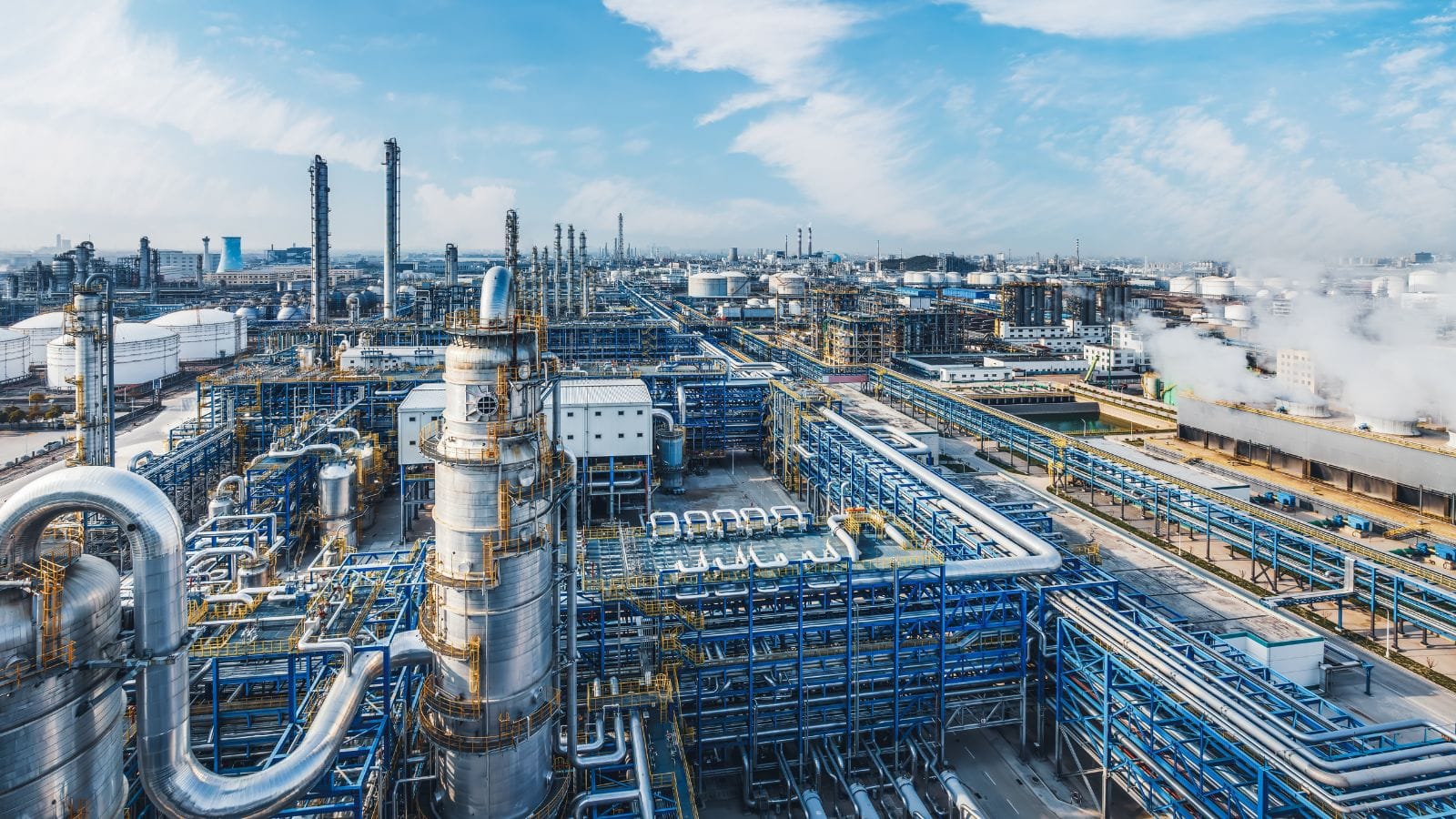
Diesel and gasoline come from the same barrel of crude oil, but diesel requires additional refining to meet modern standards. The biggest change came in the mid 2000s when ultra low sulfur diesel became mandatory. This regulation significantly reduced emissions but forced refiners to install expensive equipment and processes. Those costs never disappeared and are baked into the price per gallon. Unlike gasoline, which can be refined in larger and more flexible batches, diesel must meet stricter consistency standards, adding to its expense.
Global Demand for Diesel
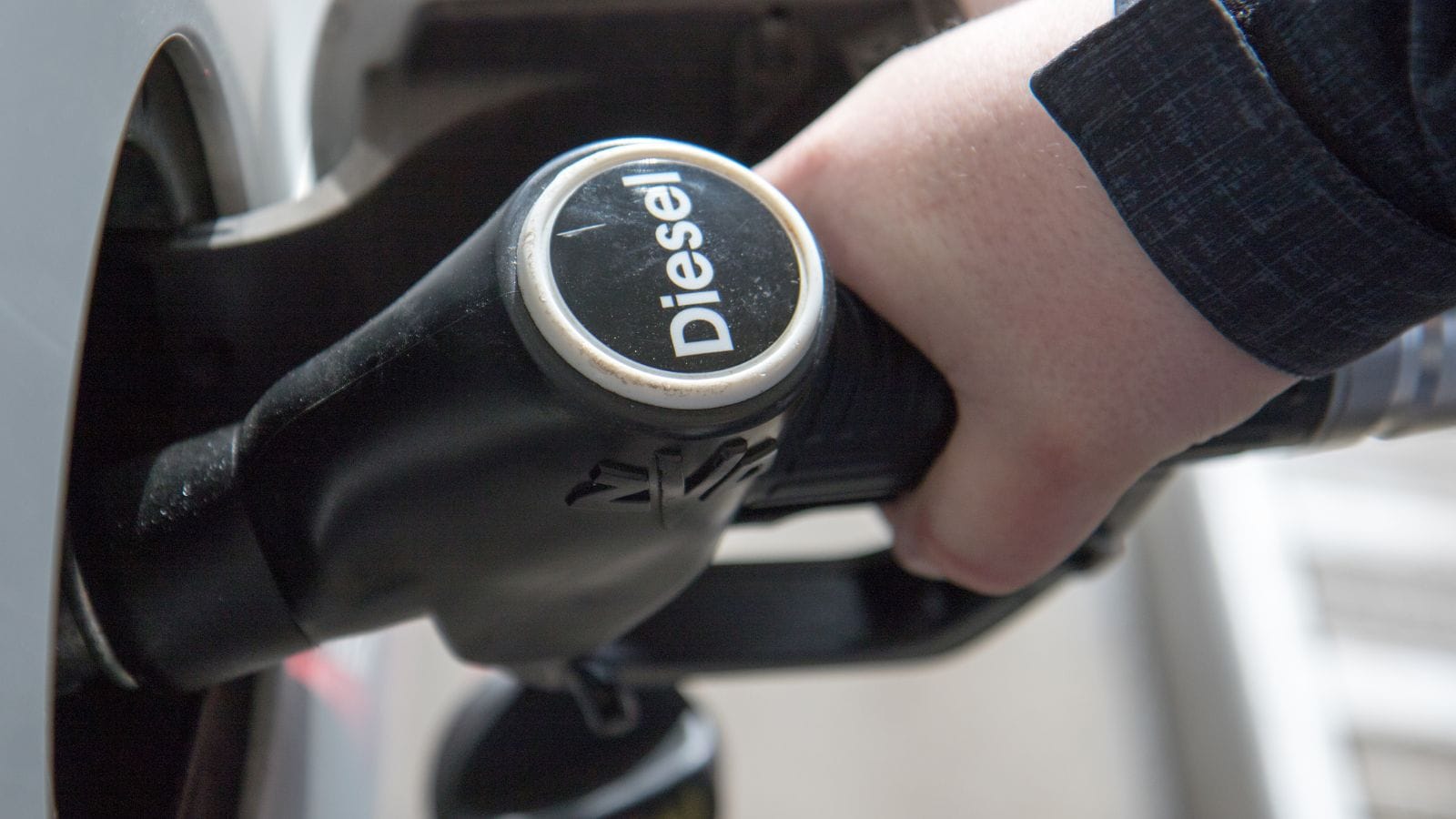
One of the biggest reasons diesel costs more is its role in the global economy. Diesel does not just fuel pickup trucks and SUVs—it powers freight trucks, trains, cargo ships, buses, construction machinery, and countless generators. Heavy industry and transportation rely almost exclusively on diesel, meaning demand remains high regardless of passenger car trends. While gasoline demand can fluctuate based on driving habits, diesel is tied to commerce itself. When shipping and trade expand, diesel demand jumps, often pushing prices higher worldwide.
Seasonal Demand Swings

Diesel fuel and heating oil are close chemical cousins. In the winter, particularly in the northeastern United States and Europe, demand for heating oil surges. Because refiners pull from the same production streams, diesel supply tightens when homes and businesses need heating fuel. This seasonal spike makes diesel prices more volatile than gasoline, which does not face the same cold weather competition. Drivers of diesel powered vehicles often notice prices rise in late fall and winter, sometimes dramatically.
Taxes and Regulations

Governments often tax diesel at higher rates than gasoline. Policymakers see diesel as the fuel of heavy vehicles that put more wear on infrastructure and contribute to higher emissions. In the United States, federal excise taxes on diesel are higher than those on gasoline, and many states add their own premiums. Environmental regulations also add cost. Ultra low sulfur standards, emissions control additives, and stricter blending requirements all combine to make diesel more expensive before it ever reaches the pump.
Distribution and Storage Costs

Diesel requires cleaner handling than gasoline. Modern engines are sensitive to contamination, which means more stringent storage and transport procedures. From refinery to truck stop, maintaining that quality adds a few cents here and there, which builds across the supply chain. Gasoline is more forgiving in distribution, making it slightly cheaper to move around in bulk.
Price Volatility in Global Markets

Because diesel is tied to freight and shipping, it is more sensitive to global disruptions. A change in shipping routes, a surge in cargo demand, or geopolitical tension in oil producing regions can ripple through the diesel market faster than gasoline. Events like port slowdowns or spikes in transatlantic shipping have been known to cause sudden jumps in diesel prices. Gasoline tends to move more with consumer demand, while diesel responds to trade and heavy industry, which can be more volatile.
When Diesel Used to Be Cheaper
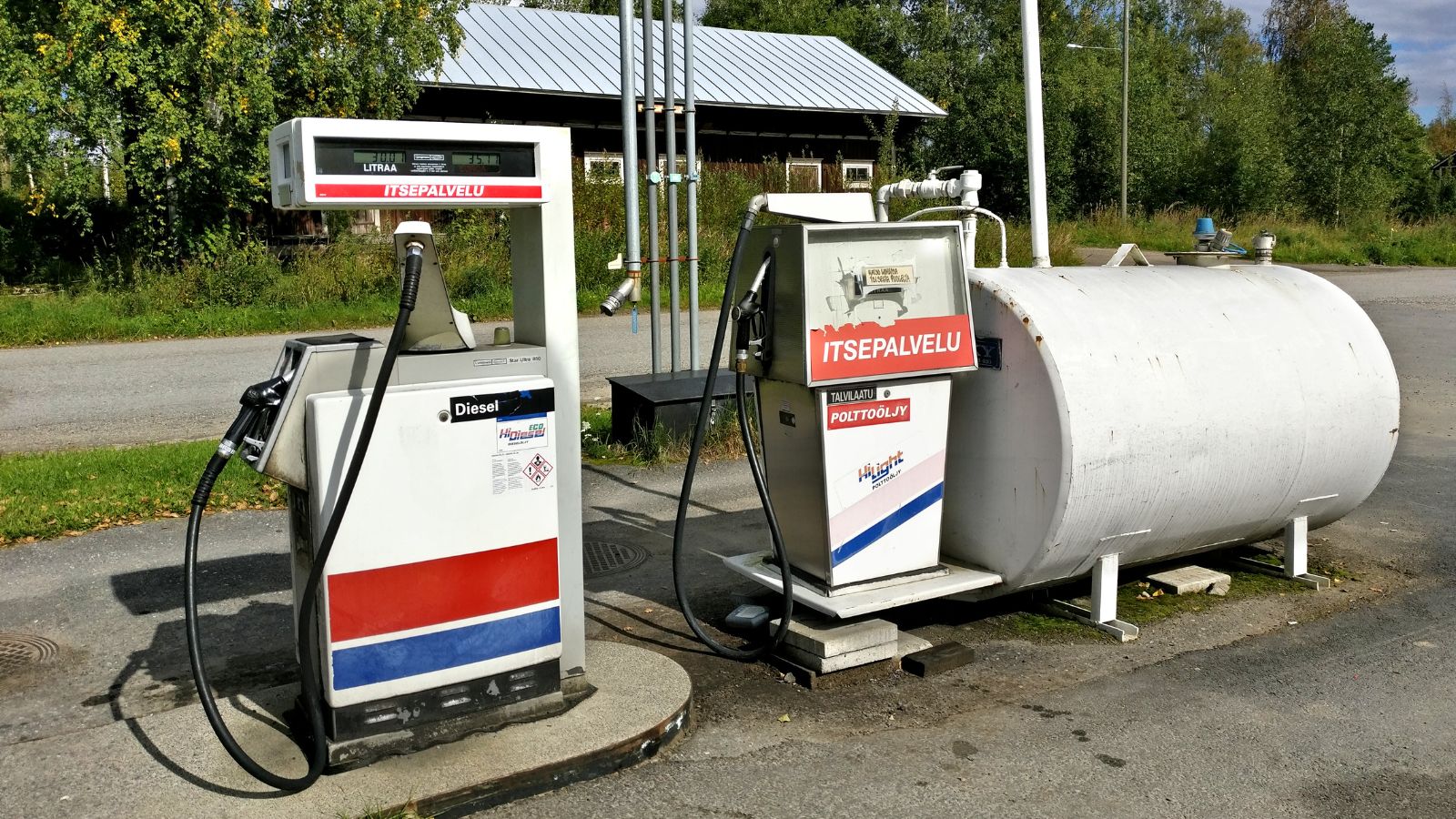
It was not always this way. For much of the twentieth century, diesel was cheaper than gasoline in North America. During the 1970s and 80s, truckers enjoyed lower diesel prices, and even passenger car buyers in Europe flocked to diesel powered sedans for cost savings. The turning point came when ultra low sulfur diesel regulations arrived in 2006, driving up costs. At the same time, globalization increased the demand for freight, making diesel an indispensable fuel worldwide. That one two punch effectively reversed the old pricing balance.
Shipping and International Trade Tilt the Scale
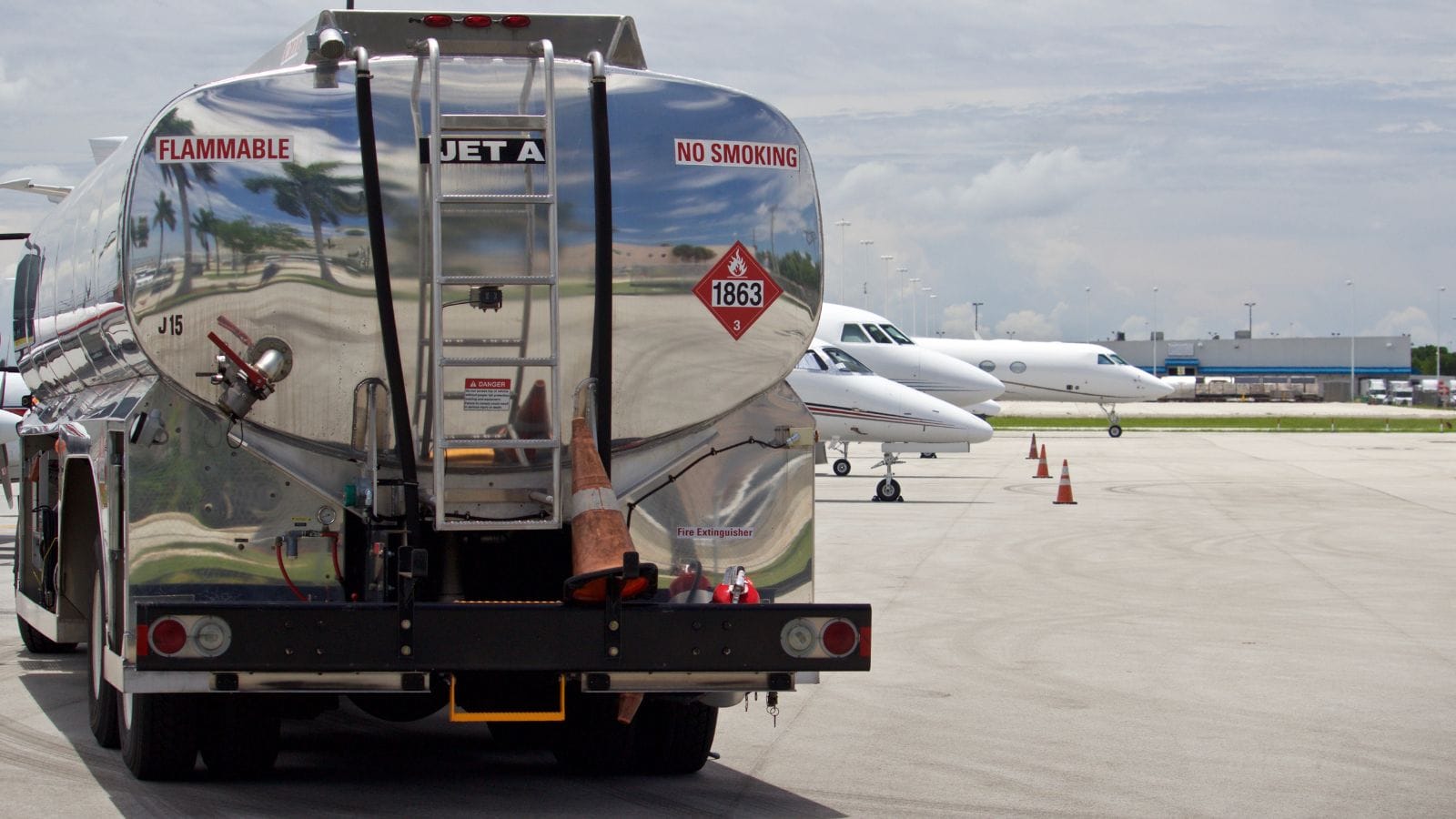
The rise of global trade has permanently changed the diesel equation. Container ships, long haul trucking, and aviation all rely on fuel types derived from the same distillation stream as diesel. As e commerce exploded and global supply chains stretched further, demand for diesel linked fuels soared. Even when passenger vehicle sales slump, commercial shipping keeps diesel demand strong. That industrial backbone is why diesel rarely sees the same seasonal drops that gasoline can enjoy during periods of low driving.
Diesel Dollars
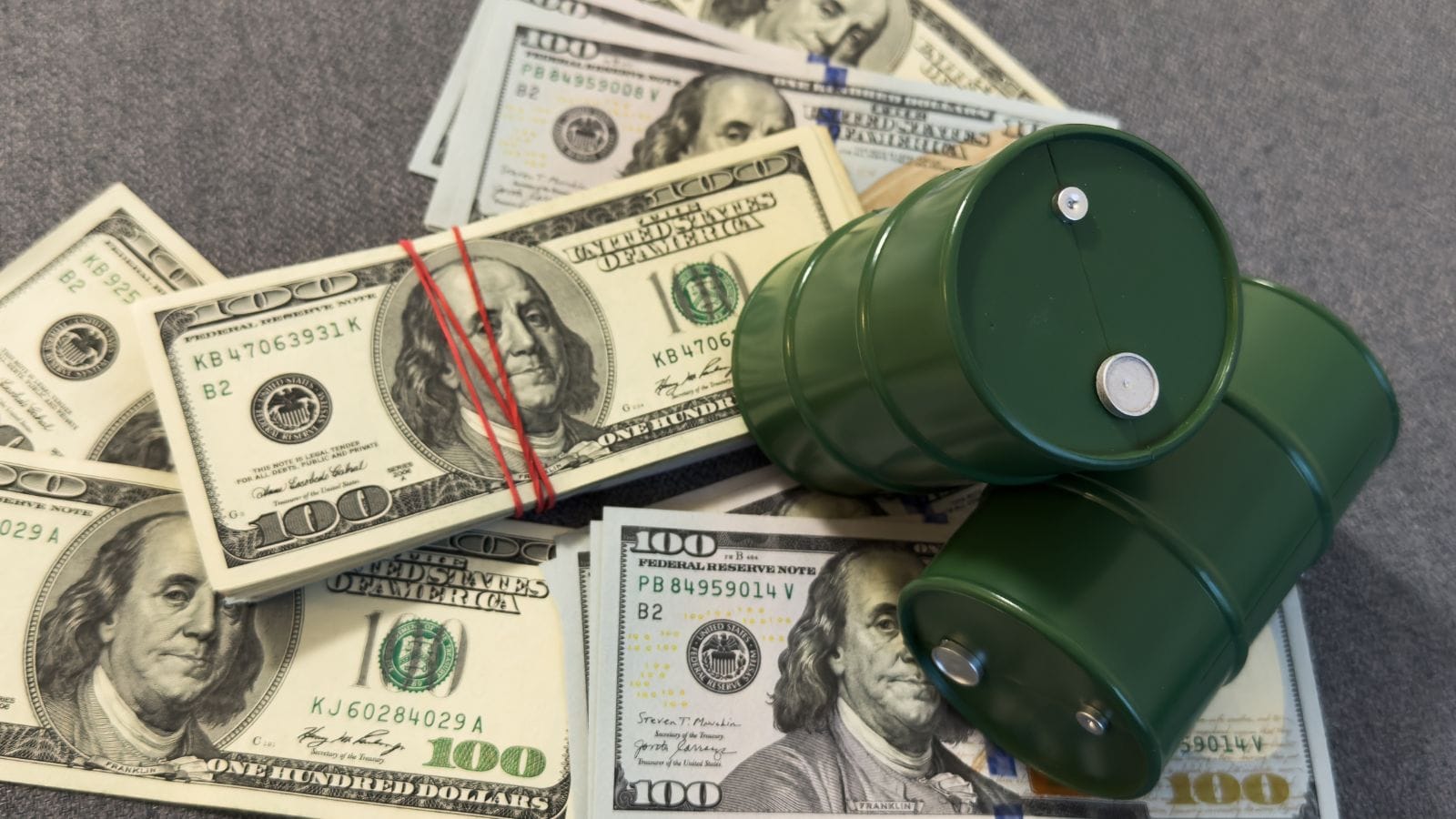
Diesel’s higher price is not a simple case of supply and demand at the pump. It reflects the cost of cleaner refining, global competition for supply, heavier taxation, seasonal heating needs, and its central role in freight and trade. While diesel engines remain prized for efficiency and torque, especially in trucks and heavy vehicles, drivers will almost always pay more per gallon than their neighbors filling up with regular gas. The balance once favored diesel, but in today’s global economy, its status as the fuel of commerce ensures it will usually carry a premium.
25 Facts About Car Loans That Most Drivers Don’t Realize

Car loans are one of the most common ways people fund car purchases. Like any other kind of loan, car loans can have certain features that can be regarded as an advantage or a disadvantage to the borrower. Understanding all essential facts about car loans and how they work to ensure that you get the best deal for your financial situation is essential. Here are 25 shocking facts about car loans that most drivers don’t realize:
25 Facts About Car Loans That Most Drivers Don’t Realize
